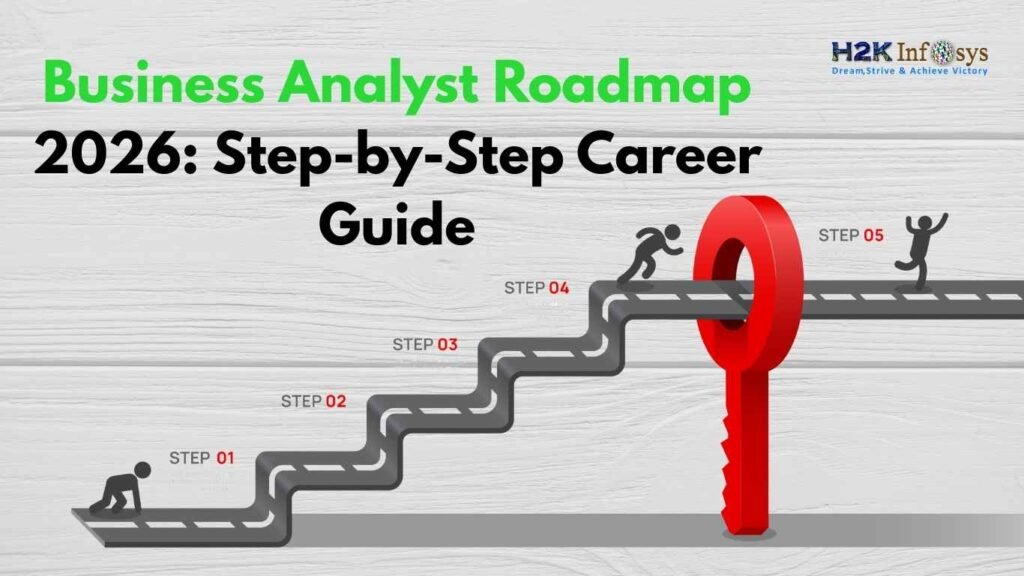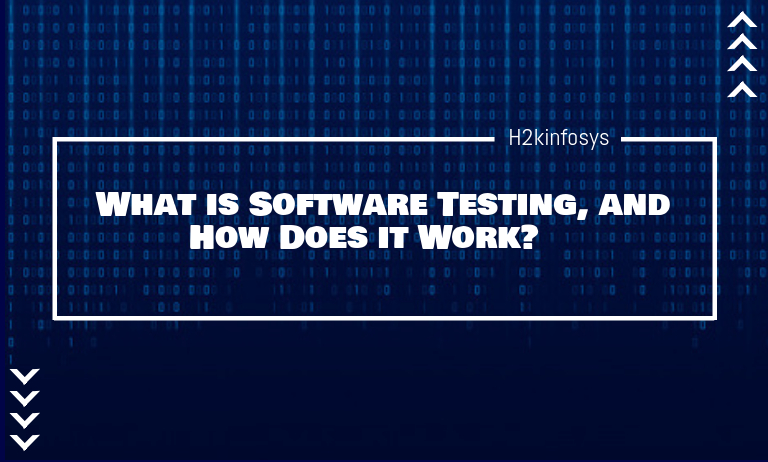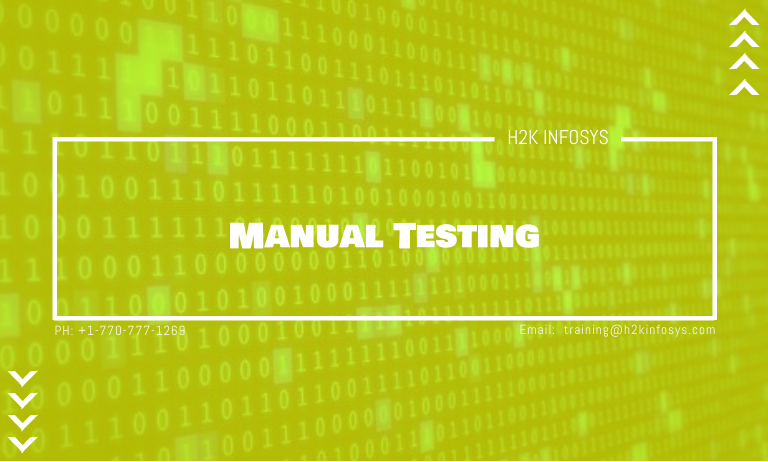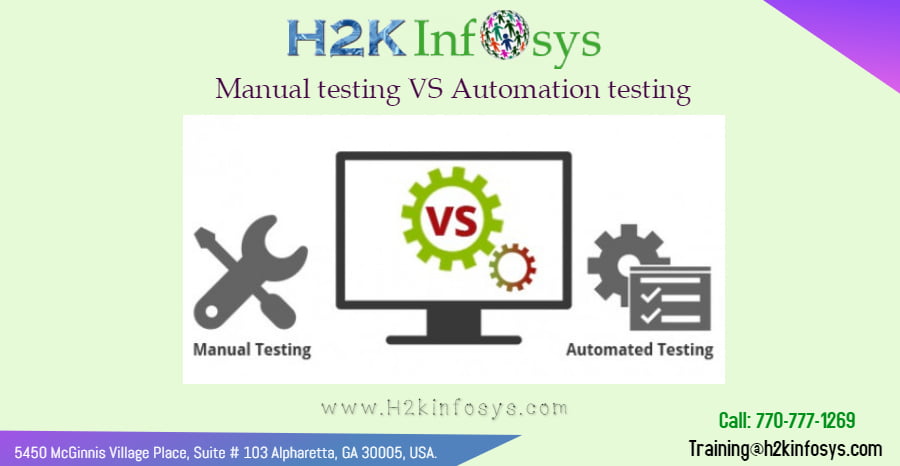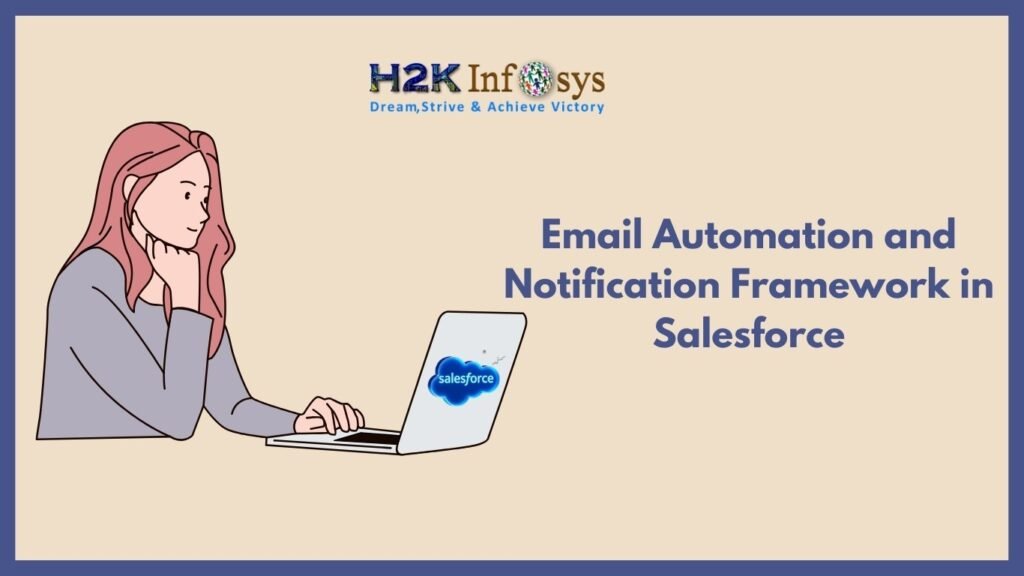Are you familiar with the terms NoOps and DevOps? Most likely, if you work in the tech sector, you have. However, what do these terms actually signify, and how are they different from one another? Various strategies have been suggested to improve and speed up application production since the IT industry’s evolution. Process automation is becoming the standard going ahead and is now the most effective technique to expedite project launch.
But NoOps has emerged recently. Because NoOps is so common, IT operations may not require manual intervention. Before we look at the differences, let’s briefly describe them. Check out our DevOps training online to learn more.
What Is DevOps?
Development and operations are combined to form DevOps. In order to automate software delivery and infrastructure modifications, this software development methodology places a strong emphasis on cooperation and communication between developers, operations, and other stakeholders. DevOps aims to foster a collaborative culture in which development and operations teams cooperate to produce high-quality software on time and with reliability.
What Is NoOps?
A newer concept called NoOps seeks to fully automate software operations in an IT environment, including deployment, monitoring, and enhancement.
Because of its level of independence, the underlying infrastructure can administer the software without the requirement for a specialised crew to be present on site. In the end, NoOps frees up the operations team from these duties by automating every aspect of the life cycle, allowing developers to concentrate entirely on creating the software.
What brought about NoOps?
The brilliant idea of DevOps combines the skill sets of development and operations, but it has proven to be difficult to implement, particularly in large enterprises. It is difficult to maintain once it is put into use since there is no assurance that developers and operations specialists will think and act in the same way.
Collaboration between software and infrastructure specialists is essential for DevOps. This implies that, in bad situations, one’s failure may lead to the other’s failure. The entire software development process could collapse as a result of this. All of this raised the never-ending question about how effective DevOps is, which in turn led to the NoOps approach’s emergence.
Why NoOps?
By adding more processes and resources to enhance the product, infrastructure, management, security, and every aspect of operations, including making everything entirely automated by the platform offered, the NoOps approach seeks to reduce the amount of Ops expertise needed and free up developers to concentrate only on creating and improving the product’s code. This is made feasible, specifically, by:
- Platform as a Service (PaaS)
- Function as a Service (FaaS)
Any operations are taken over by the specific automated system. When using NoOps, all infrastructure-related issues can be resolved without the development team contacting the system administrators. NoOps is arguably an approach that is simple to modify, particularly for new businesses, small-scale apps, and product-as-a-service providers.
In the end, NoOps is an advancement in innovation. NoOps can accomplish an even faster deployment process than DevOps with the correct tools.
Differences Between NoOps vs. DevOps
Now that we know what DevOps and NoOps are, let’s examine their distinctions in more detail:
Responsibility
Delivering high-quality software is a joint duty of the operations and development teams in DevOps. Code is written by developers, and teams in charge of operations are in charge of implementing and maintaining the software. Developers handle all aspects of NoOps, from development to production.
Automation
Automation is a crucial component of the software development process in DevOps. Automation technologies are used to decrease the possibility of human error and expedite the software delivery process. Automation is much more important with NoOps because developers handle everything, including software deployment and monitoring.
Tooling
The software delivery process is automated by DevOps using a variety of tools. These tools include infrastructure-as-code tools, monitoring tools, and pipelines for continuous integration and deployment (CI/CD). While NoOps engineers also employ technologies to automate infrastructure management activities, they still rely on comparable products.
Culture
The foundation of DevOps is a culture of communication and collaboration across operations teams, developers, and other stakeholders. In contrast, the foundation of NoOps is a self-sufficient culture in which developers own complete responsibility for the product they produce.
Which One Is Right for Your Organization?
Depending on the needs, objectives, and culture of your company, you must decide whether to adopt DevOps or NoOps. DevOps can be the best option if you have a sizable development team and an independent operations staff. You may increase the velocity and calibre of software delivery and foster a culture of cooperation with the aid of DevOps.
NoOps can be the best option if you have a small development team and wish to launch products quickly while minimising overhead. You may cut expenses and expedite the software delivery process by utilising NoOps.
Conclusion
In conclusion, there are benefits and drawbacks to both DevOps and NoOps. The key is to understand the objectives and needs of your company and select the strategy that most closely fits your beliefs and culture. Regardless of the strategy you decide on, the end result must always be reliable and timely delivery of high-quality software. To learn more about DevOps, check out our DevOps course online.



















